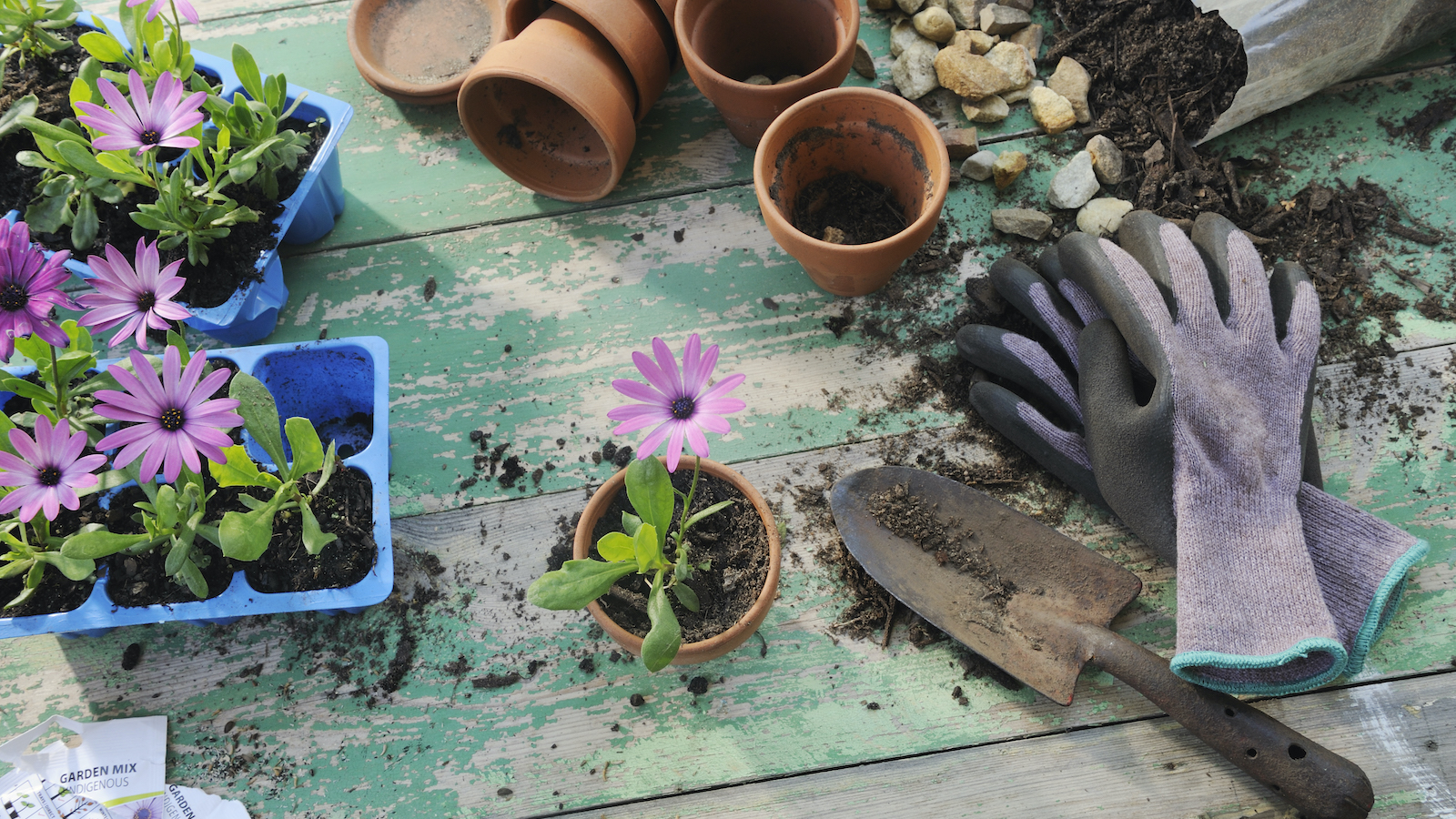

You're probably not wondering how to use tea bags in gardening while sipping your morning cuppa, but don't let the brew fool you — it's a handy accessory when you're digging in the dirt.
Now that gardening season is upon us, everyone is cultivating their green thumb. Little tips and tricks can help your greenery thrive, it's just a matter of knowing where to look. Sometimes helpers are lurking where you'd least expect them, like the kitchen.
As you start to watch your small garden ideas come to life, keep this clever hack in your back pocket (and in your pantry).
How to use tea bags in gardening, according to the pros
A post shared by Real Homes (@real_homes)
A photo posted by on
If you are also curious about how to use coffee grounds in gardening, tea bags work in similar ways to their early-morning beverage counterpart.
"Tea bags can be an excellent organic addition to gardens," says Gene Caballero, co-founder of GreenPal. "They can be buried near plants to slowly release nutrients into the soil, improving soil structure and promoting healthier plant growth."
In addition to figuring out how to make compost with your old breakfast bev, feel free to add pizzazz to your watering can. (Threshold's 2-Gal Iron Oval Outdoor Watering Can or the bestselling Qilebi 2 Gallon Watering Can on Amazon are solid contenders.)
"You can include the contents of the tea bag into a watering can and water your plants with it," says Paris Lalicata, a community associate and plant education director at The Sill.
See? And you thought the best tea kettles were just taking up counter space so that you can quench your thirst. You weren't even thinking about those leafy friends, were you?
Do keep in mind that composting with tea bags might bring a few friends, namely earthworms. However, they're crucial when it comes to improving aeration and helping the soil, so don't let these creepy crawlers throw you for a loop. (Hey, it's their turf.)
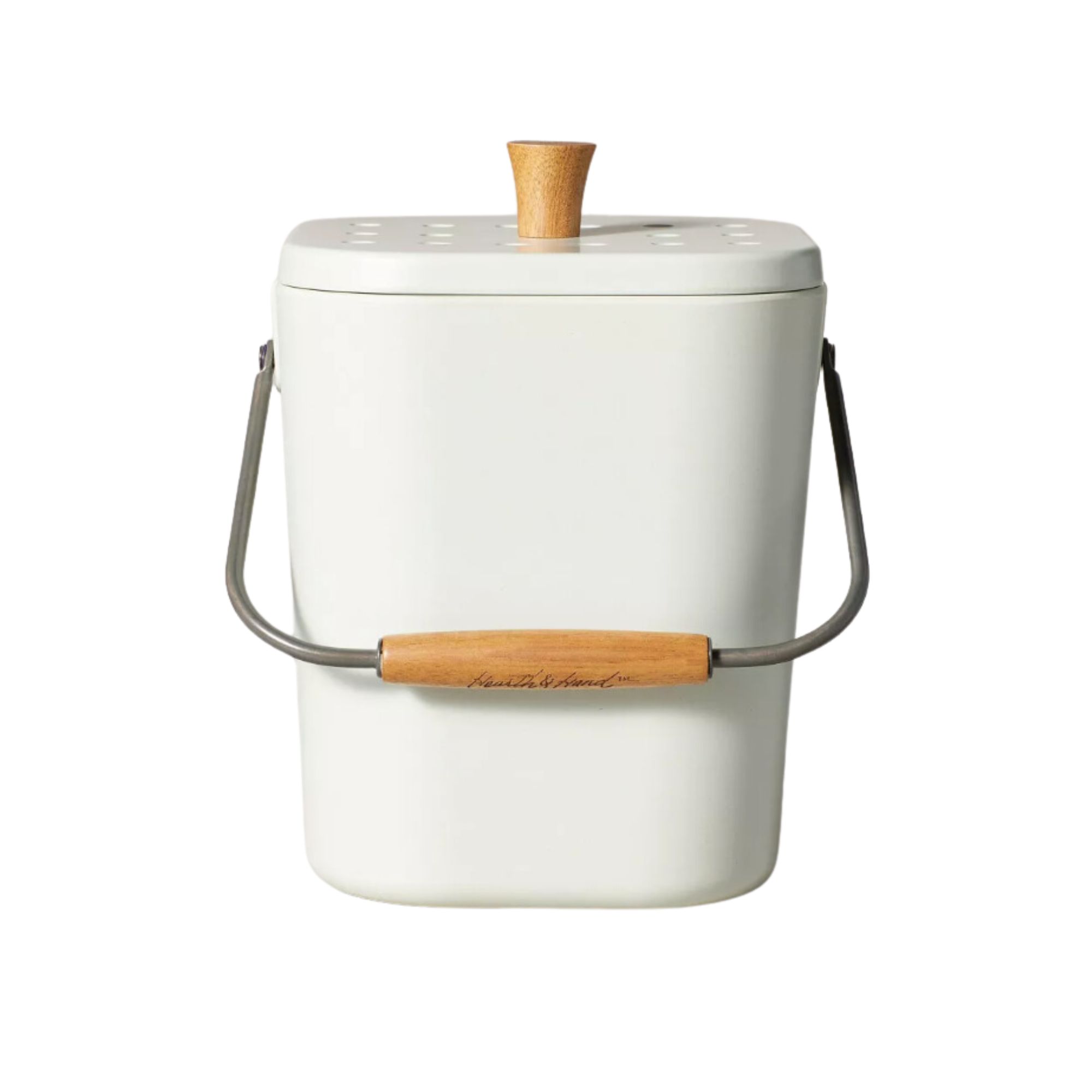
Price: $24.99
Dimensions (in.): 9.5 x 7.5 x 7
Made from melamine, your new counter space companion will help you collect goods for the garden.
What to avoid
Now that you know how to use tea bags in gardening, what should be avoided in tiny garden spaces when it comes time to use your brew?
"Ensure that if you're composting tea bags that they are made of biodegradable materials, and only use tea bags that don't contain additives like flavors or oils," Paris says. "Do not compost if the bag is made of synthetic material."
Be sure to also think about the flowers you've planted as well. Some might prefer skipping out on the tea entirely.
"While most plants benefit from the nutrients in tea leaves, it's wise to avoid using tea bags around plants that prefer less acidic soil conditions, such as succulents and some flowering plants like lavender," Gene adds.

Gene Caballero is co-founder of Green Pal, a platform connecting customers to lawn care experts in their area throughout the United States. With such diverse areas to cover, Gene is well-versed in specific greenery needs for various environments.
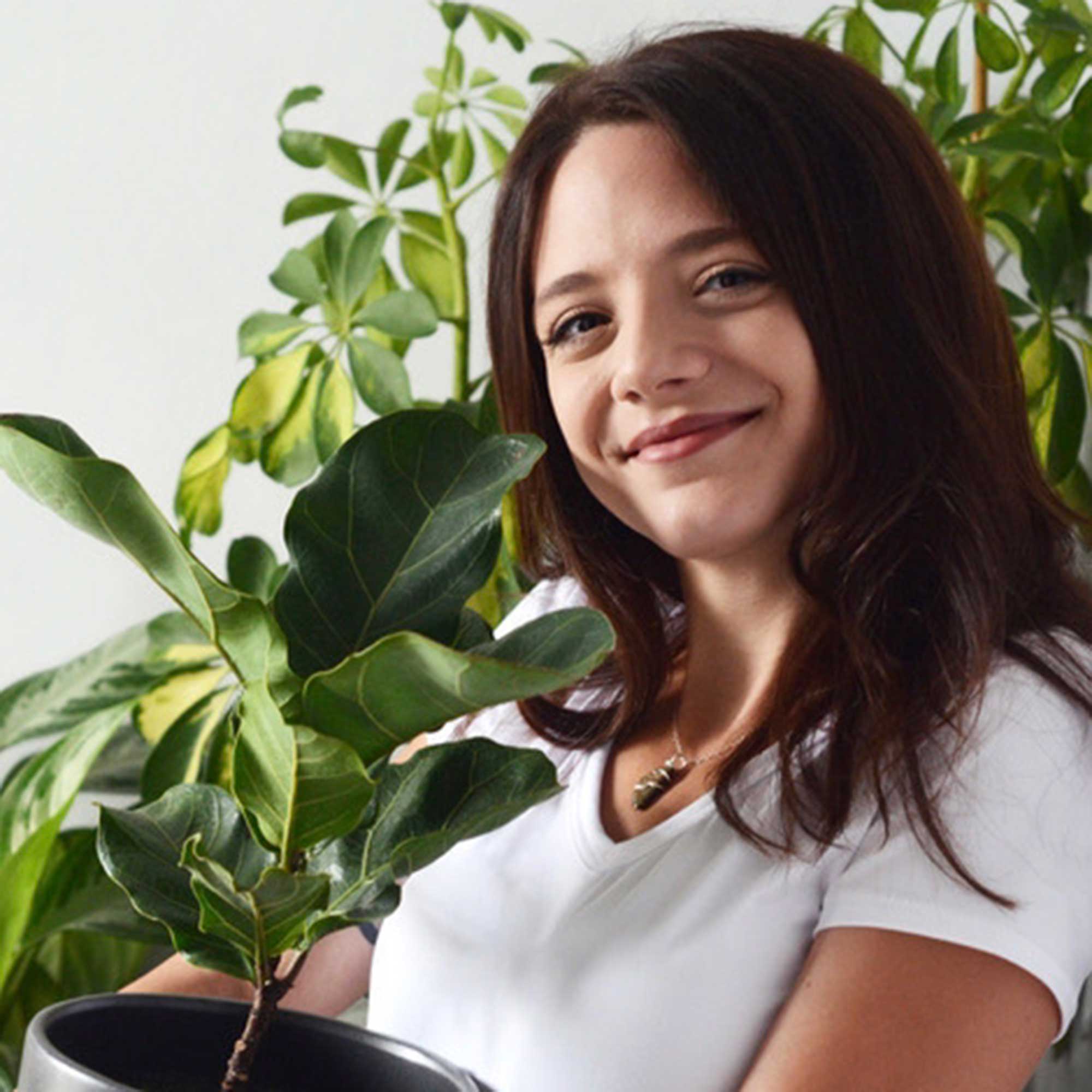
Paris is a community associate and plant education director at The Sill, which was founded on the notion that plants make us happier, healthier humans. The self-taught expert has over 200 plants in her own collection, so she's the perfect go-to for those who need assistance with their plants.
Ready to get planting, and use tea and coffee as a gardening helper? Be sure to check out what garden zone you're in so you know whether to plant your goods from the nursery as perennials or annuals.
Join our newsletter
Get small space home decor ideas, celeb inspiration, DIY tips and more, straight to your inbox!

Pleasure to meet you! I'm Danielle, a content editor at Real Homes who loves scoping out interior trends. I've specialized in lifestyle writing and editing for 10 years with a focus on events, food, and books, among other areas. When I'm not working, I'm usually cooking, reading, or searching for a new project for my apartment.
-
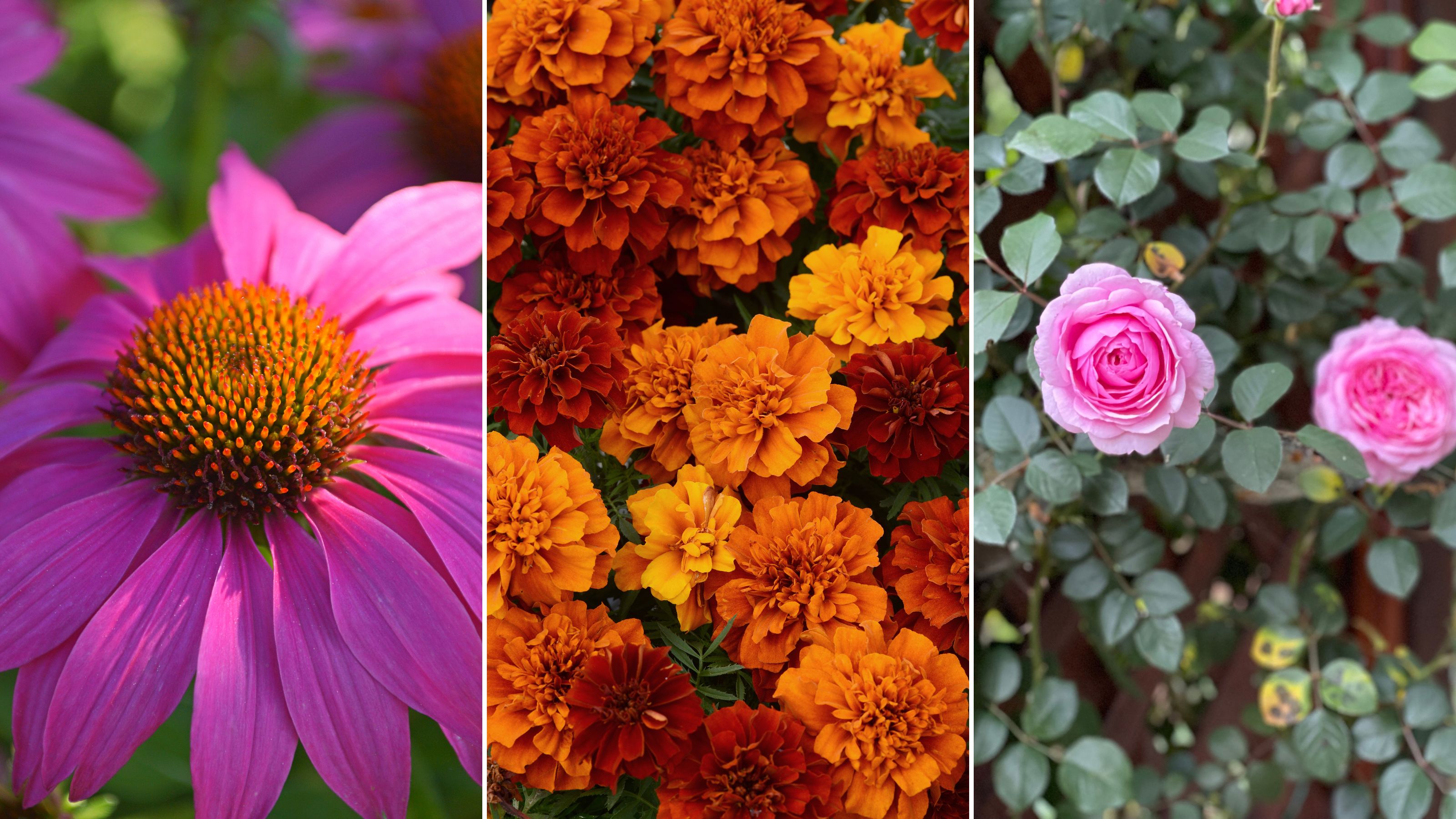 The 7 flowers to plant in August, according to gardening gurus
The 7 flowers to plant in August, according to gardening gurusKnowing what flowers to plant in August isn't always so clear-cut. But that's why we called in help from pro planters — here's what they said to pot.
By Becks Shepherd
-
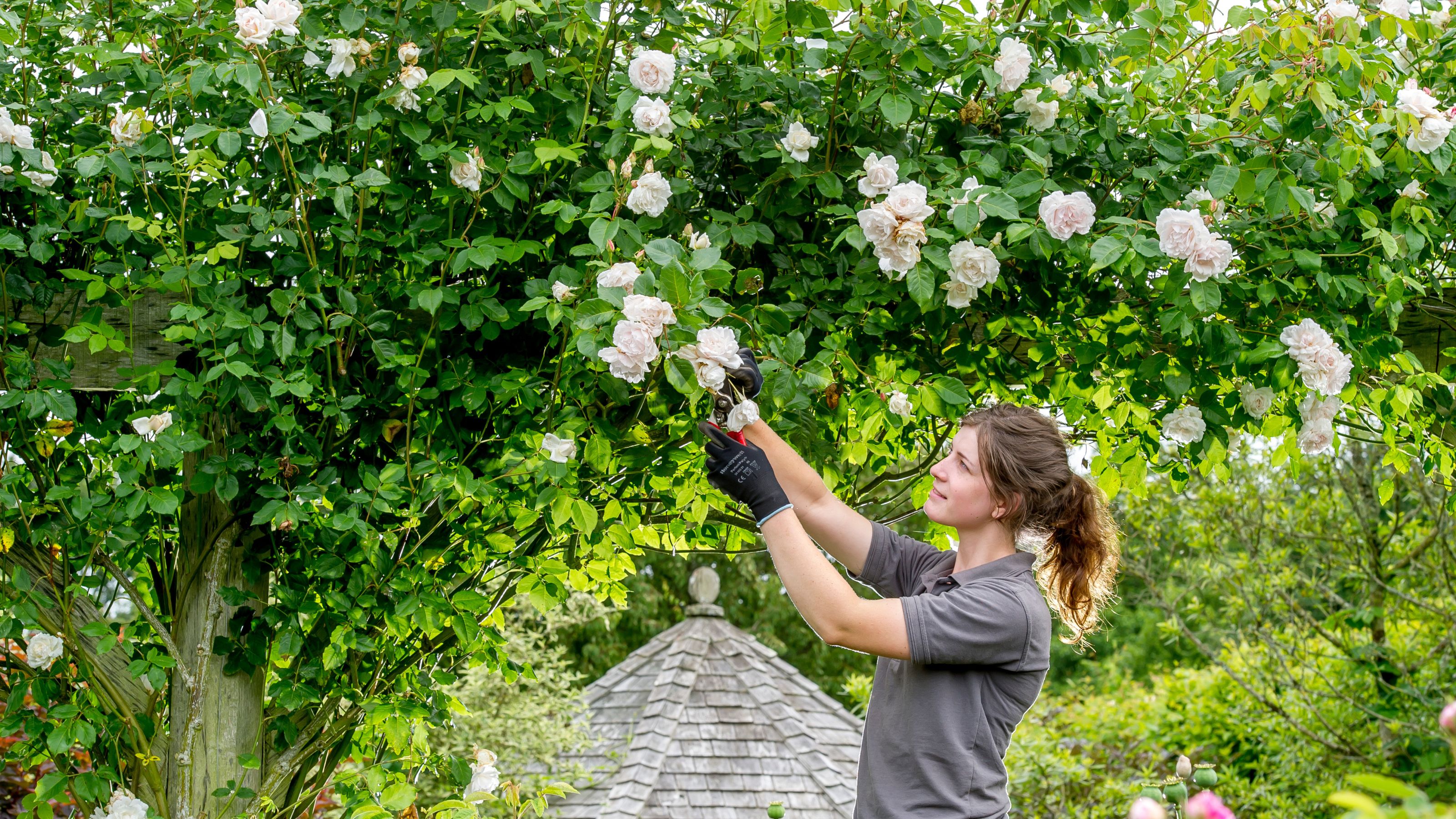 The 7 plants to prune in August — and the 2 pieces of greenery you shouldn't touch
The 7 plants to prune in August — and the 2 pieces of greenery you shouldn't touchWondering what plants to prune in August? We asked a gardening expert for their top tips plus info on what pieces of greenery to avoid pruning this month
By Becks Shepherd
-
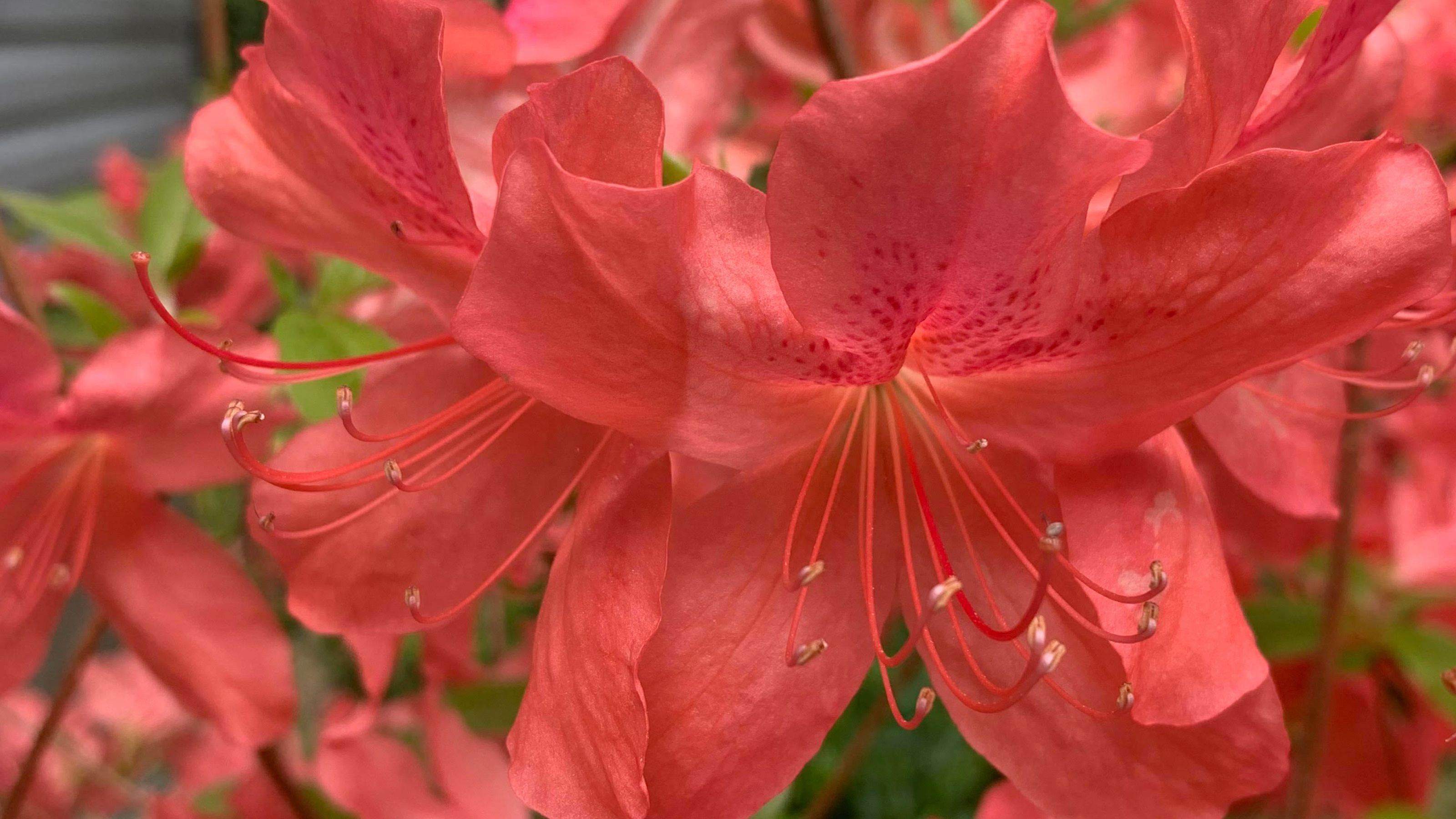 Do you need to deadhead azaleas? Top tips for pruning these flowering shrubs
Do you need to deadhead azaleas? Top tips for pruning these flowering shrubsWondering whether you need to deadhead azaleas? We asked a gardening expert for their top tips for looking after these blooms
By Becks Shepherd
-
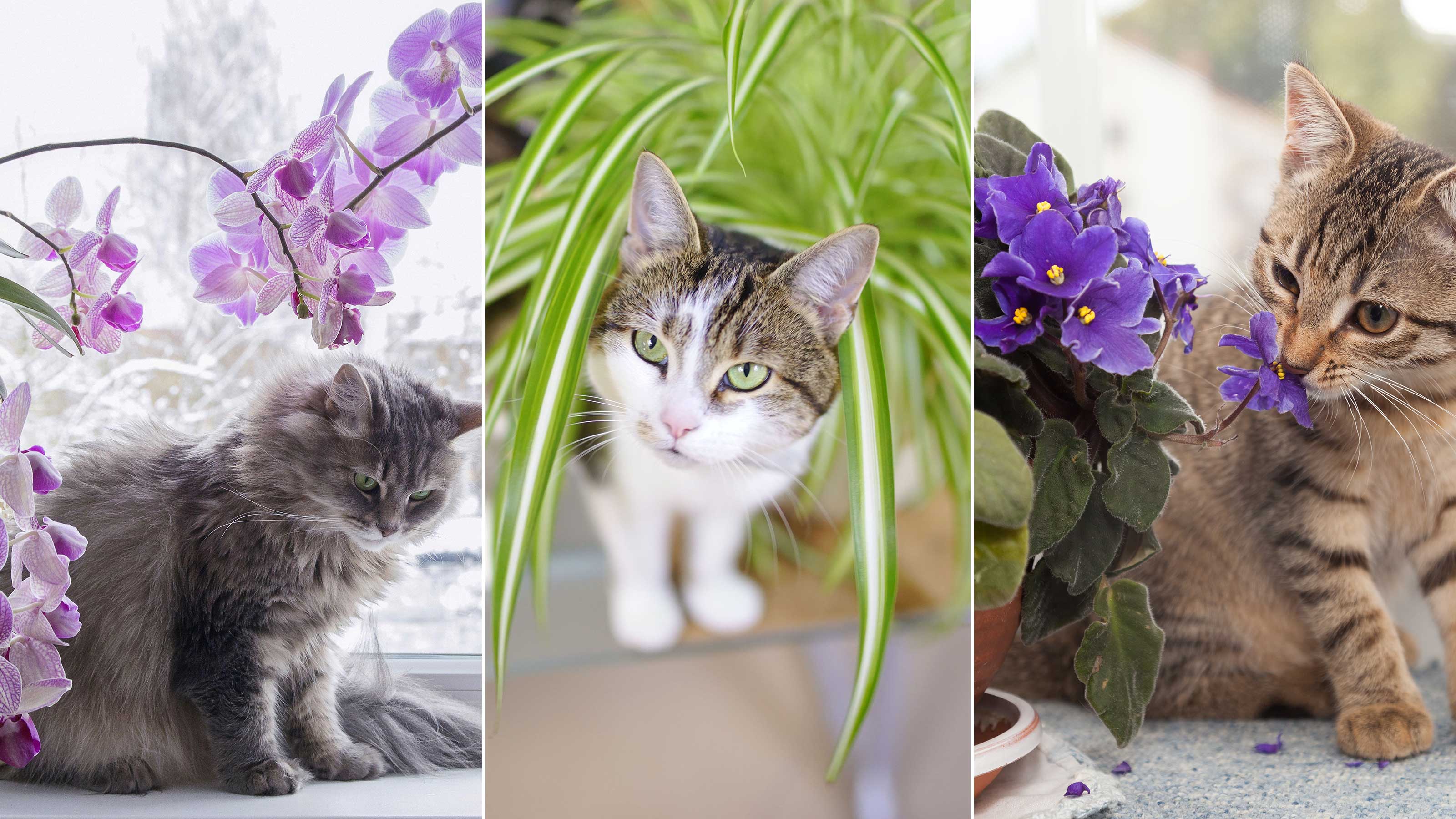 10 houseplants that are not toxic to cats — plus expert advice on keeping your pets safe
10 houseplants that are not toxic to cats — plus expert advice on keeping your pets safeKeep your four-legged companion safe by choosing these houseplants that are not toxic to cats, and learning the dangers of those that are, according to veterinary experts
By Holly Crossley
-
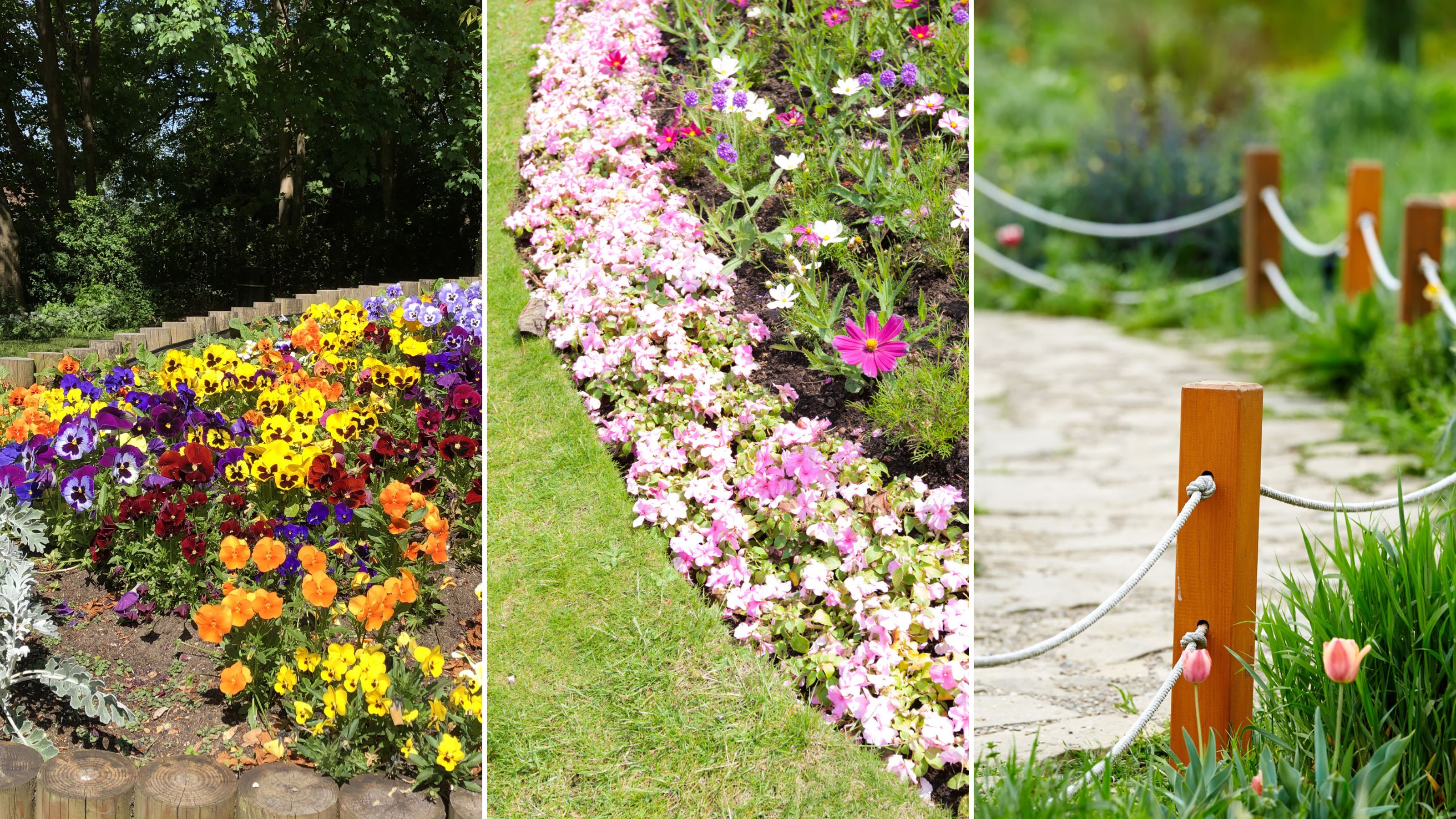 14 lawn edging ideas that will add definition and style to your backyard
14 lawn edging ideas that will add definition and style to your backyardWant to neaten up your lawn with lawn edging ideas? From fresh flowers to laidback bricks, we've scouted out materials and styles that look brilliant
By Eve Smallman
-
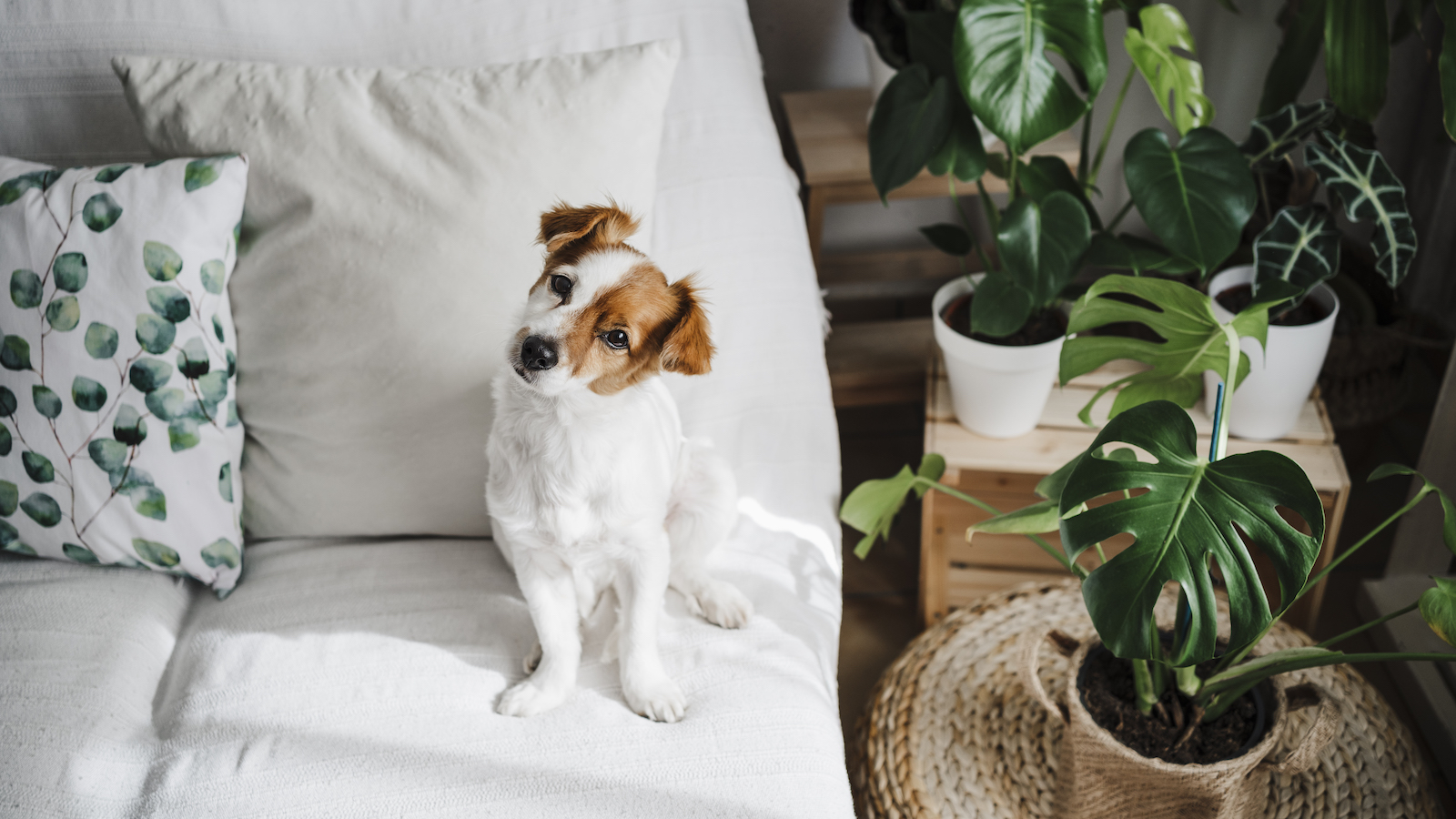 Which houseplants are toxic to dogs? Vet experts pinpoint problem plants and solutions
Which houseplants are toxic to dogs? Vet experts pinpoint problem plants and solutionsWondering Which houseplants are toxic to dogs? We spoke to vets about the problematic leafy greens, what they trigger in dogs, and how to find a solution
By Danielle Valente
-
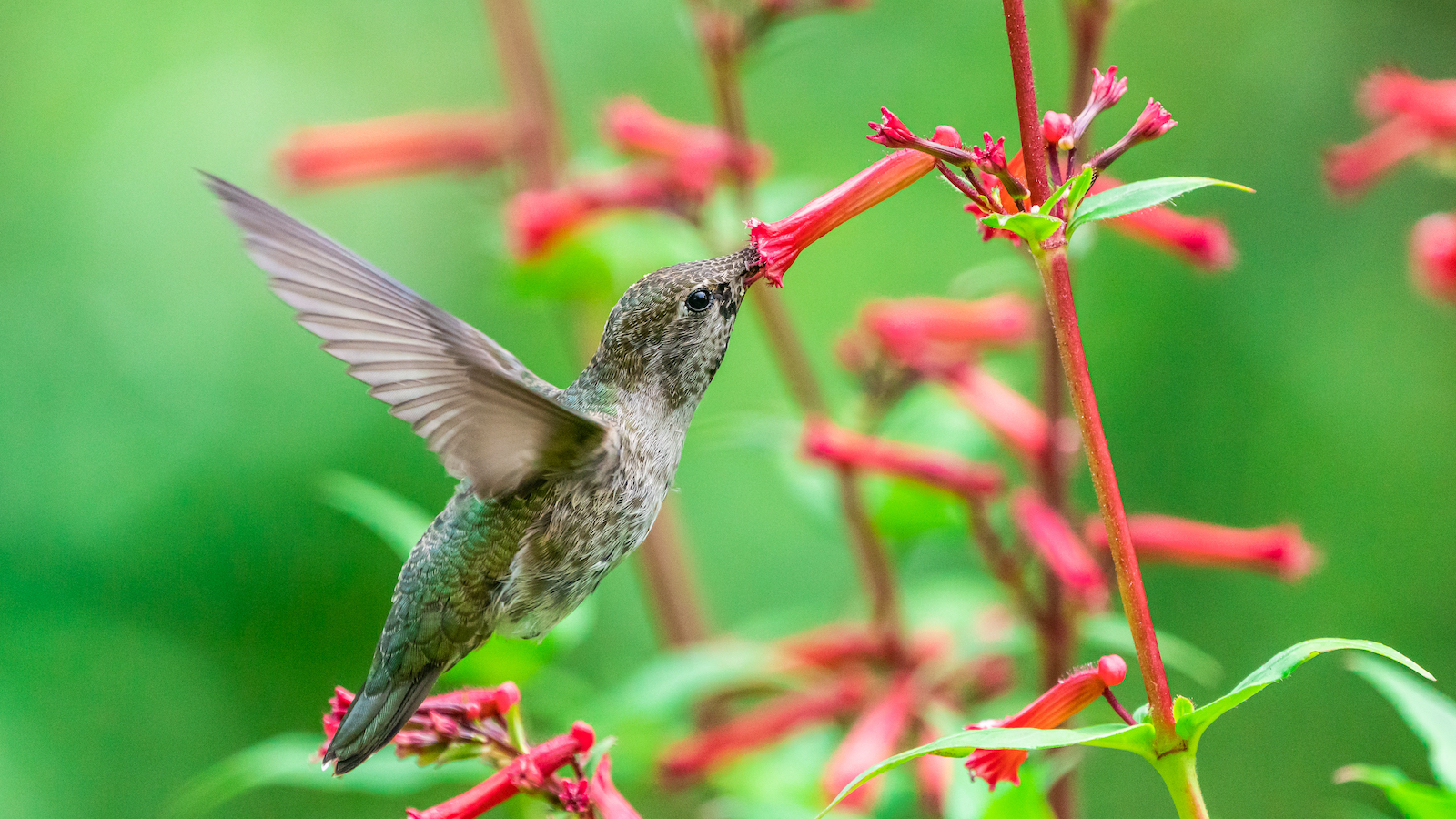 How to attract hummingbirds to your backyard, according to ornithologists
How to attract hummingbirds to your backyard, according to ornithologistsTrying to figure out How to attract hummingbirds to your backyard? These ornithologist-backed tips will guarantee you visitors in no time
By Danielle Valente
-
 Does hydrangea bloom every year? Pros spill the dirt on the "garden favorite" and when to expect it
Does hydrangea bloom every year? Pros spill the dirt on the "garden favorite" and when to expect itWondering, "Does hydrangea bloom every year"? We asked the pros all about the garden favorite and how often to expect them — here's the dirt.
By Danielle Valente